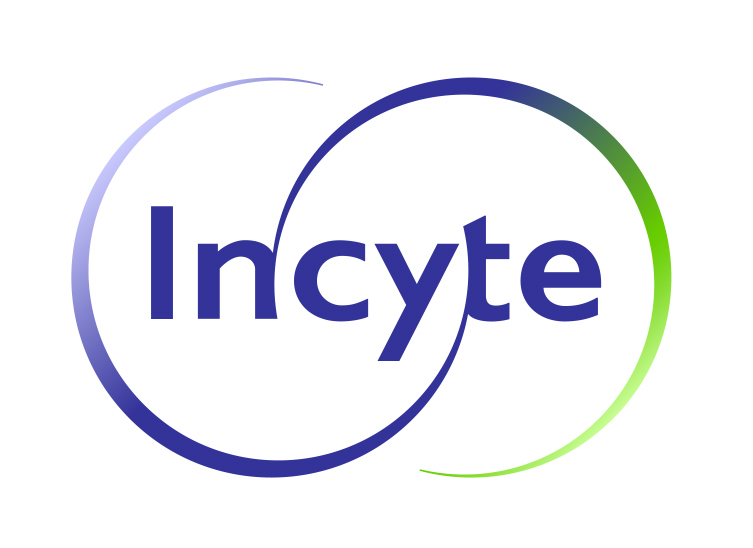Incyte shares down sharply after phase 3 skin cancer trial failure

Shares in the biotech Incyte have dived after it said that a combination of its epacadostat pill and Merck & Co’s Keytruda failed to improve survival compared with Keytruda alone in a late-stage skin cancer study.
The companies struck a deal to develop epacadostat, an immunotherapy targeting an immunosuppressive enzyme known as IDO1, in combination with Keytruda in October 2015.
They reckoned that combining epacadostat with Keytruda, an anti-PD-1 checkpoint inhibitor, would produce a stronger immune response against cancer than with Keytruda alone.
The trial had been closely watched because of the sales potential of an immunotherapy that could improve on Keytruda, which along with rival checkpoint drugs such as BMS’ Opdivo (nivolumab), has already raised the bar in treatment for skin cancer and other oncology indications.
But an external data monitoring committee overseeing the phase 3 ECHO-301/KEYNOTE-252 study in unresectable or metastatic melanoma found that the combination therapy failed to improve progression-free survival, compared with a control arm of patients treated with Keytruda (pembrolizumab).
The committee also concluded that the trial is unlikely to meet a secondary goal of significantly improving overall survival, and has recommended that the study should be stopped.
Shares were down 23% following the announcement as investors and analysts speculated that the drug would also fail in other combination trials.
https://twitter.com/adamfeuerstein/status/982235586147708928
In the 2015 agreement, Incyte also agreed not to develop epacadostat or other IDO1 drug in combination with any rival immunotherapy drugs, such as Bristol-Myers Squibb’s Yervoy and Opdivo, as a first-line therapy in advanced or metastatic melanoma.
This means that trials in any other potential combinations in the indication will be delayed.
Steven Stein, chief medical officer at Incyte said: “While we are disappointed that this study did not confirm the efficacy of epacadostat in combination with Keytruda in patients with unresectable or metastatic melanoma, data from ECHO-301/KEYNOTE-252, including analyses of an extensive biomarker panel, will contribute to our understanding of the role of IDO1 inhibition in combination with PD-1 antagonists, and may inform our broader epacadostat clinical development programme.”
“We remain dedicated to transforming the treatment of cancer and will continue to explore how IDO1 inhibition and other novel mechanisms can potentially improve outcomes for patients in need.”
Epacadostat works against the enzyme indoleamine 2,3-dioxygenase 1 (IDO1), which allows cancers to avoid detection by the immune system.
In earlier clinical studies, the combination of epacadostat and immune checkpoint inhibitors has shown proof-of-concept in patients with unresectable or metastatic melanoma, non-small cell lung cancer, renal cell carcinoma, squamous cell carcinoma of the head and neck and bladder cancer.
In these studies, epacadostat combined with BMS’ CTLA-4 inhibitor Yervoy (ipilimumab) or the PD-1 inhibitors Keytruda or Opdivo improved response rates compared with studies of the immune checkpoint inhibitors alone.













